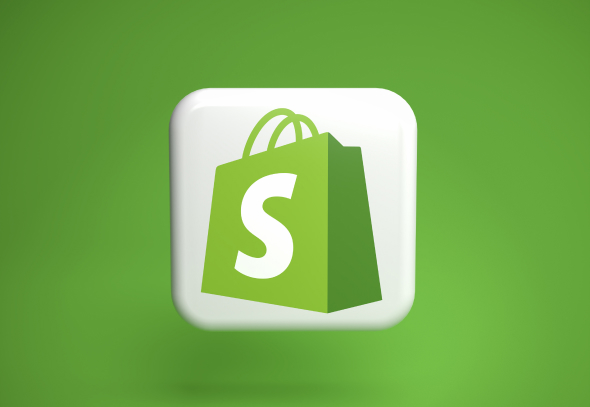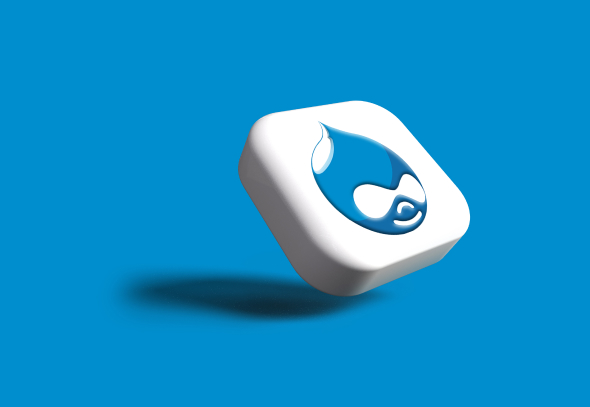10 popular platforms ranked from easiest DIY to most custom.
If you’re thinking of building or revamping your business’s digital presence, there are a few things to consider. Things such as your timeline, budget, resources, and ability to contract out the project or keep it in-house, can all factor into a successful launch.
88% of users are less likely to return to a website after a bad experience. 50% of consumers believe that a company’s overall brand perception is impacted by its site’s design.
Think with Google.
We’ve broken it down into a list ranked from the closest to DIY as you can get to what’s best for enterprises looking to scale their businesses up safely and efficiently.

Tier 4 – The DIY Builders
10. Wix & Weebly
These are DIY-focused for users with no coding knowledge. Clients get locked into the platform, but these websites are often basic and rarely successful. Subscription-based/fees to add extra features, but not suitable for anything other than an amateur or home-based business.
9. Squarespace
Squarespace is a slightly better platform than Wix or Weebly and can be used successfully by really small businesses. It’s a DIY-focused platform that requires no coding skill but lacks scalability and is not suitable for a growing business. It might be a good choice for a new business to get online quickly, with the goal of replacing later.

Tier 3 – The Templaters
8. WordPress & Aftermarket Templates
Blending WordPress with aftermarket templates still gives you a block editor, but is not designed primarily as a drag-and-drop. Access to a large ecosystem of plugins means they’re flexible but not necessarily scalable. This combo is great for small, primarily offline, local-only businesses. Often these themes have so many features and capabilities built-in (in a one-size fits all model) that the code is slow, breaks easily, and is not suitable for high traffic. More often than not, the design of these websites is common and boring.
7. WordPress, Aftermarket Templates, & Elementor
Adding Elementor allows for better control over the design and layout of pages, but as a drag-and-drop builder it adds bloat to the page and isn’t suitable for larger businesses or high-traffic websites. However, a talented designer can create attractive and custom pages.
6. WebFlow & Shopify
WebFlow is similar in function to a WordPress website running Elementor, and Shopify is similar to a WordPress website running WooCommerce. However, both have a host of powerful customization options. This match-up is suitable for small businesses and custom brand experiences but is a proprietary platform. It’s not as flexible as WordPress, since it’s a closed platform.

Tier 2 – The Customizers
5. Custom Drupal
Drupal is an open-source CMS targeting high-traffic sites with lots of data. Built for and by developers, it’s technical but still pretty customizable. It is suitable for really large websites but can get messy very quickly if you don’t have the skill and know-how.
4. Custom WordPress
Just like its name suggests, custom WordPress uses a custom-built theme, which can be faster and more secure because it doesn’t have all the added clutter built into existing themes. It can be built specifically for the client and their business from the ground up. Drupal developers would argue against this being ranked higher, but the proof is in WordPress’ incredible market share. WordPress integrates with Shopify, BigCommerce or other shopping platforms for eCommerce businesses and inventory management.

Tier 1 – The Next-level Enterprisers
3. Headless WordPress
Headless WordPress is suitable for massive, high-traffic websites. It’s capable of enormous scale and useful when the primary function of the website is providing content such as news, magazines, etc. Using this, you’ll be separating the back end from the front, which provides a streamlined content experience. As well, it’s faster than non-headless WordPress solutions.
2. Proprietary Enterprise Platform
These are usually powered by a premium proprietary platform such as Magento, SiteCore, NetSuite, or Shopify Plus. Using these requires a very high degree of integration and is only suitable when the platform in question is precisely aligned with the business goals (i.e. Shopify Plus with a pure online ecommerce business).
1. Custom Web Applications
Think Facebook.com, Instagram.com, Amazon.com, and native mobile applications. This is a solution suitable for large-scale, highly custom platforms, but in some cases, it would require a full-time engineering team. Smaller custom web applications could get by with an agency and a long-term engagement. Custom Web Applications are limited only by imagination and budget in both flexibility and scale.
